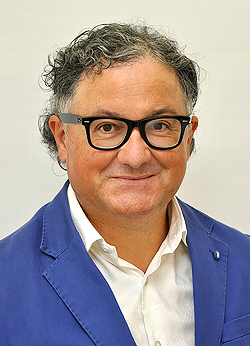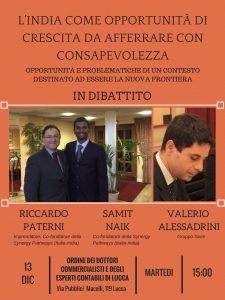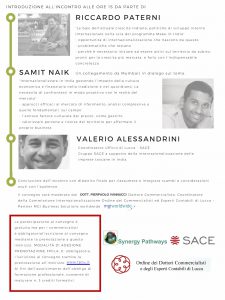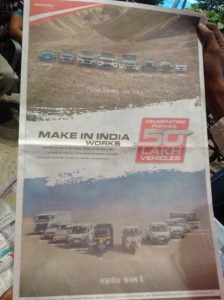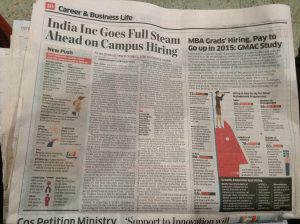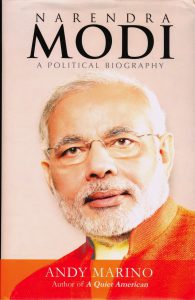On Tuesday December 13th, in Lucca – Italy, at the headquarters of Lucca Chartered Accountants and Accounting Expert Association, it has been held a workshop/seminar about the topic “India as an opportunity of international business development to embrace with awareness”. The purpose of the meeting was to raise awareness and dialogue on ways to facilitate and support Italian Small and Medium Enterprises to develop business in India to the benefit of their own growth and the growth of India itself.
The meeting was organised by the Association and in particular stimulated, lead and moderated by Pierpaolo Vannucci, Founder and Business Partner of Vannucci & Associati , a Chartered Accountants and Tax Advisors Firm that is also member to the MGI worldwide network. The International Business Development Organisation Synergy Pathways presented ideas and practices utilised to effectively and efficiently face and embrace the Indian business context from an internationalisation point of view with Sace organisation presented financial and insurance tools that enable such operations.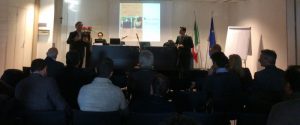
Synergy Pathways was represented in Lucca by Riccardo Paterni, co-founder and Project Leader, and Samit Naik live from Mumbai, co-founder and Project Leader himself. It was chosen a workshop format in order to involve at best the audience that concretely demonstrated a keen an focused interest on the subject matter. Valerio Alessandrini, coordinator of Sace Lucca, presented the services that his organisation is actively offering to enable business towards and with Indian companies.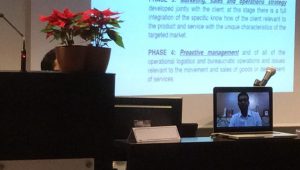
Synergy Pathways operates in a unique way that enables effective and efficient (in terms of time, focus and finance) development of business development towards India by a business model that enabled by a solid trusted strategic operational bridge Italy-India by the two co-founders: the concrete focus on organisations and markets takes not only a macro and micro strategic approach but, in a way that represents a key relevance, a very operational one on the Indian grounds. Approach that becomes enabled also by the direct involvement of specific specialists within law, accounting and taxation topics managed by trusted, on the ground, sources as the ones belonging to the MGI international network itself.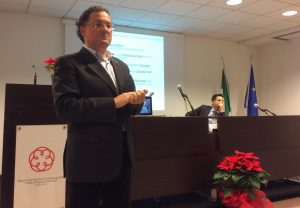
Several key aspects surfaced supporting the contents presented through examples and integrating Synergy Pathways’ and Sace’ services as well. Specific market and policies opportunities in India were pointed out as well as the constraints given by complexities surfacing from many sources. Within these complexities it was pointed out that even in terms of demographics dynamic alone, India has reached a key point of development that seeks and needs proper, reciprocally respectful, foreign inputs.
These topics spanned also from business culture ones to the all relevant focus on nurturing relationships and sound business to develop business with a mid to long term view (there are similarities in conducting and negotiating business transactions among the two countries).  The workshop format enabled many exchanges also with Samit Naik in live connection from Mumbai and set a stage for action items to actually implement debated strategies and operationally phased activities.
The workshop format enabled many exchanges also with Samit Naik in live connection from Mumbai and set a stage for action items to actually implement debated strategies and operationally phased activities.
For further references to the Internationalisation Development activities: Synergy Pathways
